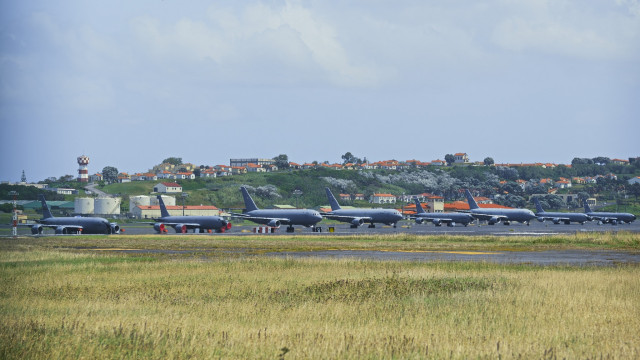
Fuel prices surged this Monday, as escalating tensions in the Middle East are directly impacting costs. Economist João Santos believes the government should take action, warning that fuel prices might reach two euros per liter.
“Fuel prices rise significantly today due to the growing tension currently occurring in the Middle East, particularly involving Israel and Iran,” explained João Santos in a statement to TVI.
When questioned about the possibility of fuel prices exceeding two euros per liter by this summer, the economist conceded that it might happen, but “it won’t be anytime soon.”
“It all depends on how quickly this conflict develops. Everything is happening very fast, so it’s conceivable that this could happen, although I find it unlikely. However, we might face such a scenario after the summer,” João Santos explained.
The economist further asserted that the “government cannot remain inactive,” noting that the country is going through a “complex period of economic stagnation,” and fuel costs “consume part of the income of families and businesses.”
The Minister of State and Finance, Joaquim Miranda Sarmento, assured last Friday that the government is “monitoring the situation” regarding the rise in oil prices due to the conflict in the Middle East, and will implement measures to mitigate fuel prices if necessary.
Diesel Prices Set to Rise: Why?
Projections indicate a more pronounced increase in diesel prices, attributed to several factors:
“Twenty percent of the diesel used in the European Union is imported from the Gulf region, which is one reason why diesel prices are rising more. Diesel is produced using a medium-heavy crude primarily found in the Gulf area,” said economist João Santos to the same channel. Another factor is related to lower diesel stock levels in the U.S.
The Iranian parliament recommended today the closure of the Strait of Hormuz, though the final decision rests with Iran’s supreme leader, Ayatollah Ali Khamenei.
The Strait of Hormuz is one of the world’s most critical strategic points, through which approximately 20% of the world’s oil and a significant portion of natural gas pass, meaning any blockade would have a substantial economic impact, especially in Europe.
Some European countries rely on oil and gas imports from Gulf nations, so a strait blockade could lead to an energy shortage.
If Iran decides to close the strait, global oil prices would spike, increasing inflation and energy costs, affecting the global economy, including manufacturing, transport, and agriculture.
The strait is also a crucial route for global maritime trade, and a blockade could not only increase prices but delay imports of raw materials, electronic products, and consumer goods, disrupting supply chains.
Iran has threatened to close Hormuz several times but has never done so, as the country also depends on the strait to export most of its crude oil, just like other members of the Organization of the Petroleum Exporting Countries (OPEC), including Saudi Arabia, the United Arab Emirates, Kuwait, and Iraq.
“Regardless of variations, this scenario was already anticipated,” said the economist, citing three scenarios outlined by Bloomberg at the start of the conflict. “The worst [scenario] is coming true or at least is beginning,” he concluded.




